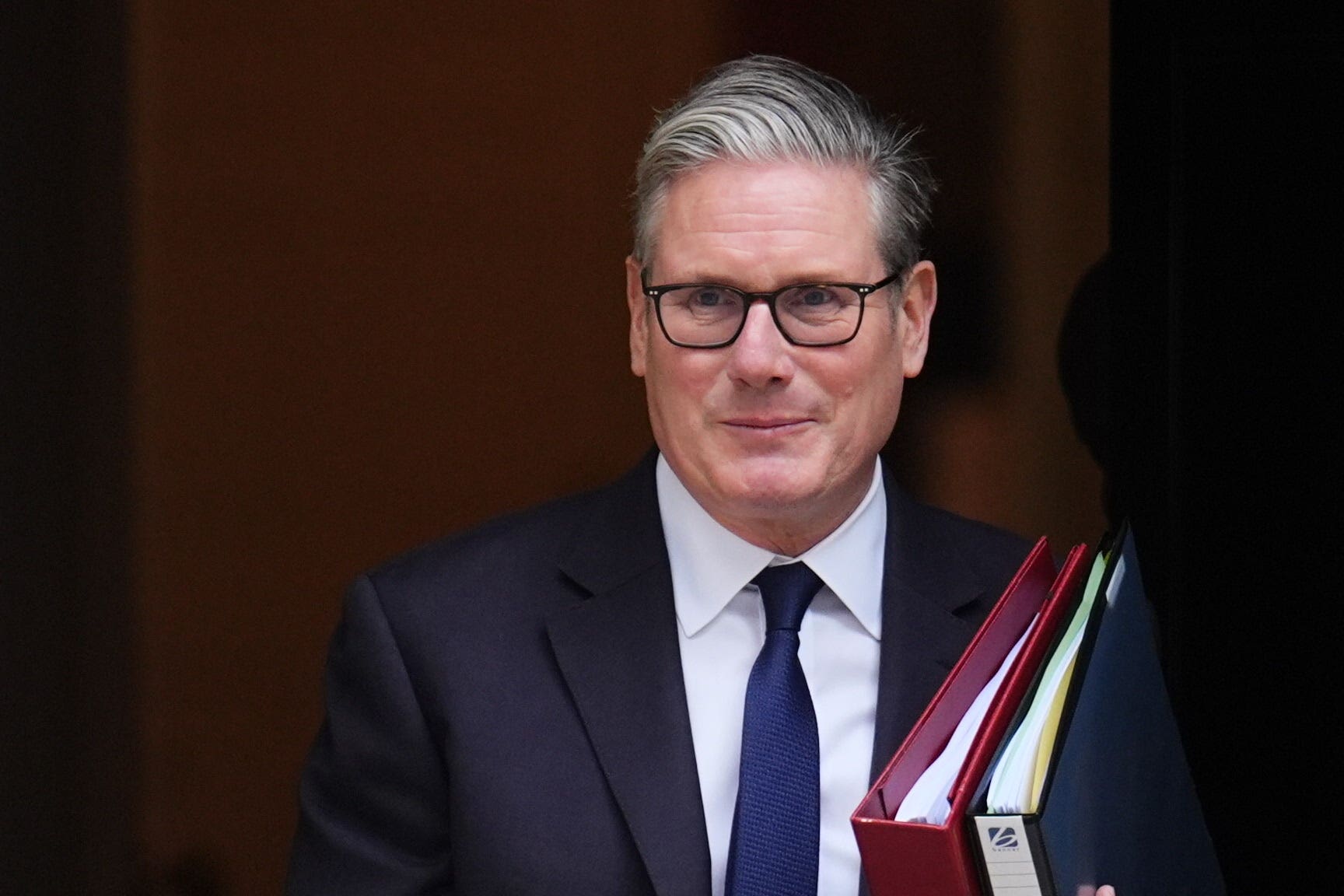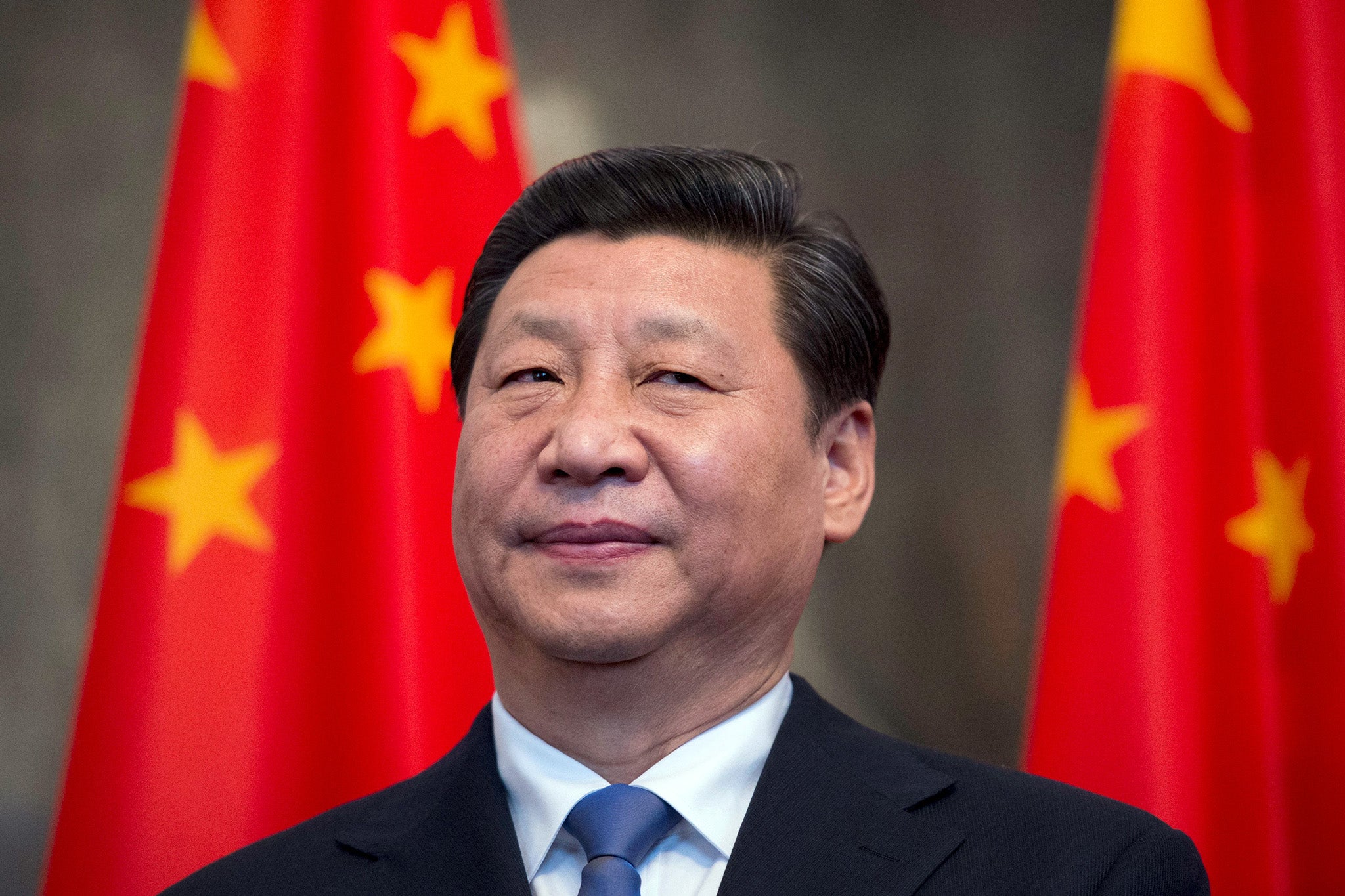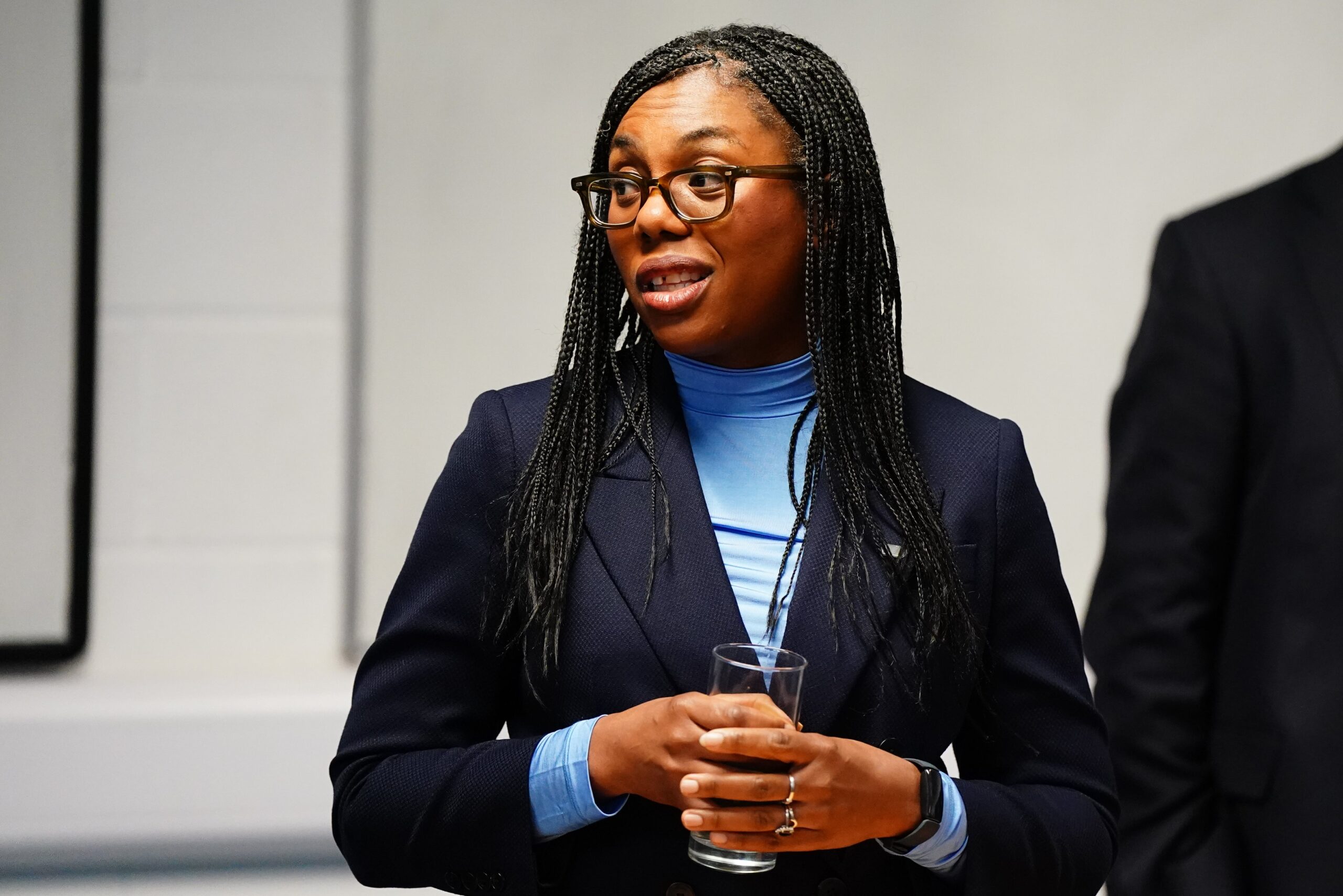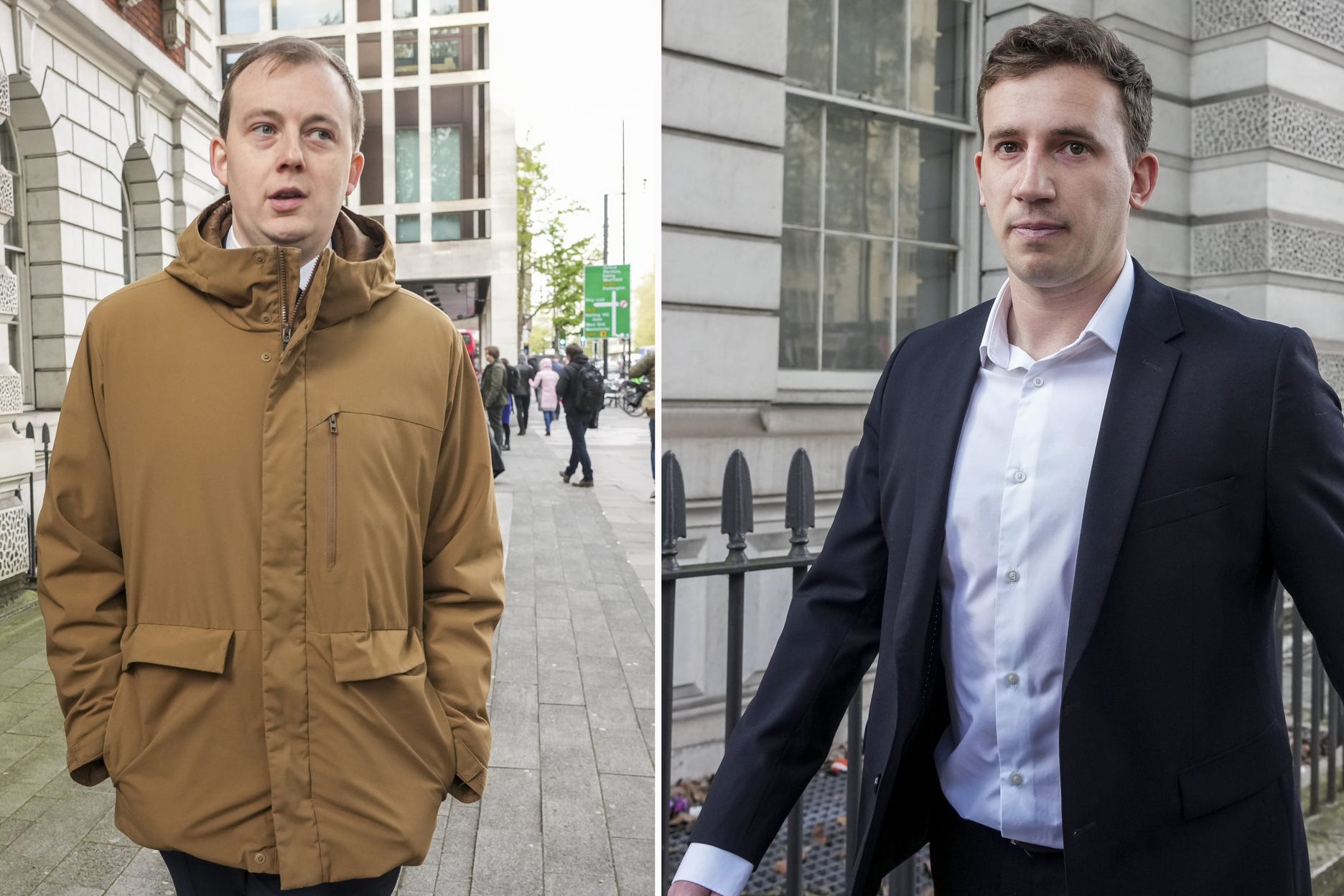Sir Keir Starmer has published a series of witness statements given by the deputy national security adviser to the Crown Prosecution Service (CPS) in the collapsed China spying case.
The prime minister had hoped publishing the evidence would draw a line under the saga, which has dogged his government for weeks.
A key allegation was that the government refused in its evidence to the CPS to describe Beijing as a threat to Britain’s national security, leading the case against the two alleged spies to collapse.

But the evidence showed deputy national security adviser Matt Collins repeatedly described the “threat” posed by China, including how it “threatens the UK’s economic prosperity and resilience and the integrity of our democratic institutions”.
Here, The Independent runs through what we know – and the unanswered questions – about the collapsed China spy case.
China is a ‘threat’
The CPS in September unexpectedly dropped charges against the two alleged spies, Christopher Cash and Christopher Berry. They both deny any wrongdoing.
It said the case collapsed because the government’s evidence did not show that China represented a threat to national security at the time of the alleged offences, which took place under the last Tory government.

But we now know from the statements published on Wednesday that Mr Collins repeatedly highlighted the threat posed by Beijing, including in his final witness statement in August, in which he discussed the “active espionage threat that China posed to the UK between 2021-23”.
But Britain wants a ‘positive relationship’ with Beijing
Despite repeatedly citing the “threat” posed by China, Mr Collins also said the government was committed to “pursuing a positive relationship” with Beijing.
Kemi Badenoch has said the government’s warm words about China were “directly lifted from the Labour Party manifesto” and that “the government’s story is falling apart under scrutiny”.
So why did the case collapse?
The spotlight has now turned back on the CPS, with the government urging it to explain why the case collapsed.
A minister on Thursday said CPS head Stephen Parkinson, the director of public prosecutions (DPP), explained to MPs that the evidence in the case was “95 per cent of the way there”. Stephen Kinnock said he explained that “there was a 5 per cent gap that was missing”.
“I think he’s the best person to explain what that 5 per cent was missing was,” Mr Kinnock told Sky News.
Why did Keir Starmer not intervene?
Downing Street on Wednesday confirmed that Sir Keir was informed about the impending collapse of the case two days before it was announced.

It has led to fresh questions being raised about what he knew about the case and whether he could have intervened.
The government has said no ministers played a role in the evidence put forward to the CPS by Mr Collins, meaning that, even when informed, Sir Keir would have to have not asked to see the evidence and not asked why the case was collapsing.
Was Matt Collins working alone?
Questions have also been raised about why Mr Collins took sole responsibility for providing evidence to the CPS, not working with his senior Jonathan Powell, a politically appointed special adviser, or any ministers including Sir Keir.
Given the gravity and political sensitivity of the case, critics have said it is implausible that a senior civil servant would not have raised the issue with ministers.
Shadow Home Office minister Alicia Kearns said it is “totally implausible” that, having been asked by the CPS for evidence over 14 months, Mr Collins did not discuss it with Mr Powell, attorney general Lord Hermer or any other ministers.
What has the government said since the publication?
A Cabinet Office minister defend the government’s handling of the issue, and set out how he found the Conservatives’ approach “confusing”.
Chris Ward, who was making his debut at the despatch box, said: “On Monday they accused the government of political inference, including from the national security adviser. The prime minister has made clear this is completely untrue.
“On the other hand they’re also saying there should have been more, there should have been political interference, and the prime minister should have directed or tried to help the CPS.
“The PM made it very very clear that that is not the case, and the PM will not, and no government would interfere with the CPS, it’s entirely their decision to charge.”
In the same Commons session, Matt Western, chairman of the Joint Committee on National Security, demanded civil servants and ministers be made available to appear before an inquiry into the fiasco.
“Clearly there are a lot of questions yet to be asked in terms of how this came about, what evidence was there that may not have been shared but other evidence that perhaps wasn’t asked for,” he said, confirming an inquiry would go ahead.
Mr Ward said he is “sure people will be made available to his committee”.
What next for the alleged spies?
The former parliamentary researcher Mr Cash has said the collapse of the trial leaves him in an “impossible position”.

“I wish to reiterate that I am completely innocent. Not just because the case against me was dropped, but because at no point did I ever intentionally assist Chinese intelligence,” he said as the evidence was published.
“I have not had the daylight of a public trial to show my innocence, and I should not have to take part in a trial by media,” he added.
Mr Berry also denies any wrongdoing. But the evidence set out how Mr Berry was recruited by the Chinese state and used Mr Cash to gather intelligence on the UK.
At one point, Mr Cash said to Mr Berry that “you’re in spy territory now”.
